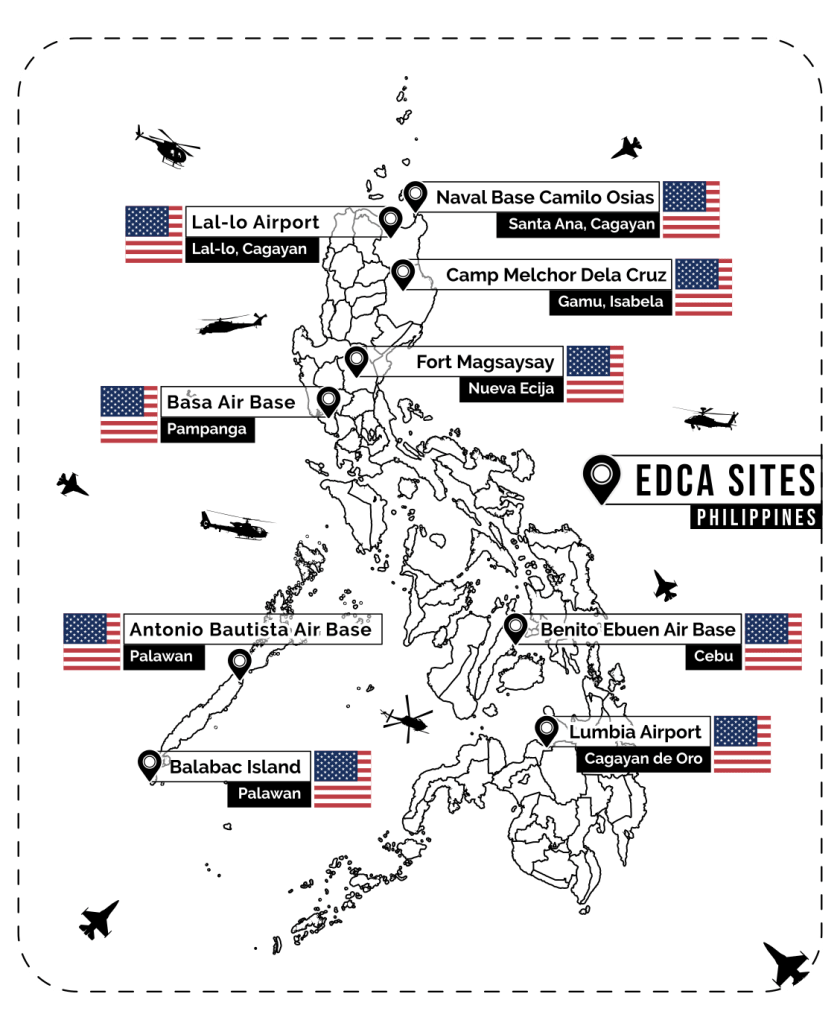US and Philippines launch Balikatan joint military drills in South China Sea
This year’s staging of Balikatan, the allies’ largest annual military drill, will include a joint sail in the disputed South China Sea outside the Philippines’ territorial waters. The French navy, a first-time Balikatan participant, and the Australian navy will also join the manoeuvres.
While the US and the Philippines resumed joint naval patrols in the area last year, and the US has in the past sailed there with other allies and partners, it will be the first time that the Balikatan drills have extended beyond 12 nautical miles off the Philippine coast and into waters claimed by China.
…
Six Philippine coast guard vessels will also participate in the drill, the first time the service — which has been at the forefront of frequent clashes with China over the past year — has been included in a military exercise.
…
Another closely watched component of the drills will be the Strategic Mid-Range Fires missile system, known as Typhon, which has a range of up to 2,500km. The US Army airlifted the system to the Philippines this month, the first such deployment in the Indo-Pacific. Intermediate-range ground-launched missiles had been banned under the Intermediate-Range Nuclear Forces Treaty, but the pact collapsed in 2019 after both the US and Russia left it.
…
Troops will also practise tracking and targeting air and missile threats, retaking enemy-occupied islands in the Philippines’ far north, just south of Taiwan, and sinking a ship off the coast facing the South China Sea, expanding on drills last year.
…
The exercise coincides with an annual conference by China’s Navy, which will be attended by senior military officers including from the US. It also comes as US secretary of state Antony Blinken is heading to China on Wednesday in the two countries’ latest effort to manage tense relations.
Related:
China gathers naval leaders worldwide to discuss maritime security while US conducts drills to ‘destabilize S. China Sea
Read More »




You must be logged in to post a comment.